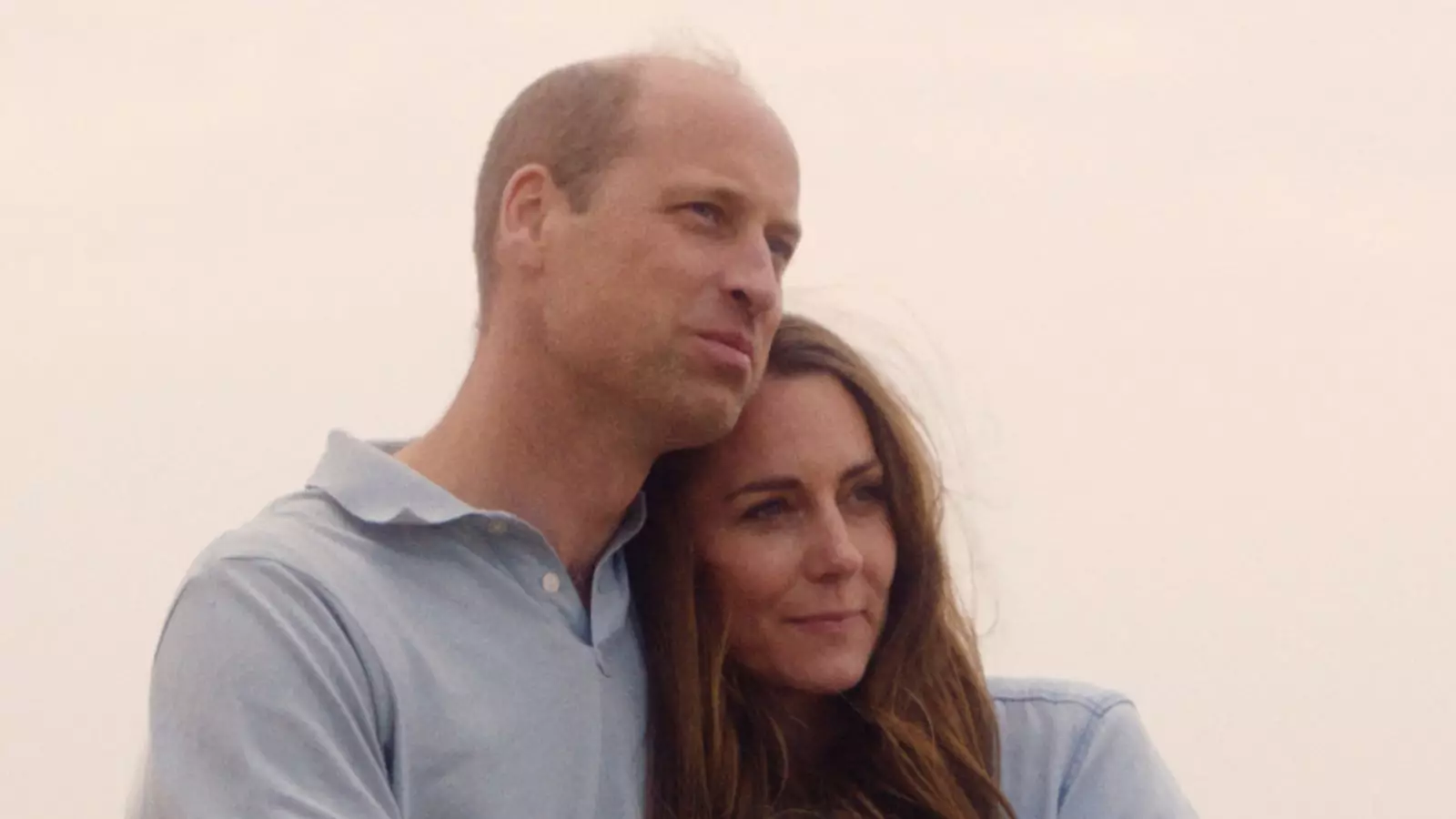The Prince and Princess of Wales are embarking on an ambitious collaboration with a local charity, Norfolk and Waveney Mind, to tackle mental health challenges facing rural communities around the Sandringham Estate. Set to launch in 2025, this innovative mental health program aims to address the unique struggles faced by residents, especially within farming communities. This initiative comes at a critical time when mental health issues in rural areas often go unnoticed and unaddressed.
Rural isolation is an all-too-common issue in the UK, where many individuals experience mental health problems without adequate support. The concept of this pilot program has emerged from a growing recognition of the specific mental health challenges faced by people living in these regions. The committee, under the leadership of the royals, recognizes that mental well-being is intrinsically linked to physical and community health. Enhancing support services is not merely about tackling existing problems but also about creating systems that can preemptively address mental health issues before they escalate.
The decision to focus on a community of approximately 1,500 residents, half of whom reside on the Sandringham Estate, underscores the need for tailored interventions. The Royals are not just taking a superficial approach; they are dedicating resources to understand and cater to the particular nuances of rural life.
The initiative will not only provide immediate support but aims to establish a framework for sustainable mental health funding in rural areas. By partly funding this pilot program, the royal couple highlights the importance of governmental and non-governmental collaboration in addressing pressing social issues. The long-term vision is to create a model that can be replicated across various estates in the UK, thus ensuring that effective mental health support is not an anomaly but part of the fabric of rural communities.
Sonja Chilvers, interim chief executive of Norfolk and Waveney Mind, articulated the urgency of addressing rural mental health challenges, emphasizing the particular vulnerabilities within farming communities. She noted that these individuals often grapple with isolation and stigma when seeking help, making this program not just an outreach but a lifeline.
The potential success of this pilot program could serve as a catalyst for other mental health initiatives across the UK. It might encourage a shift in how rural mental health is perceived—shifting from a paradigm where it is overlooked to one where it is prioritized. As the world grapples with a growing mental health crisis, initiatives like this underscore a crucial understanding: mental health touches all facets of life and deserves a proactive approach.
The partnership between the Prince and Princess of Wales and Norfolk and Waveney Mind represents a hopeful step toward a more comprehensive understanding of mental health in rural settings. With the backing of royal influence and community involvement, there may finally be a chance to cultivate a culture that not only recognizes but actively addresses the mental health needs of underrepresented communities.


Leave a Reply